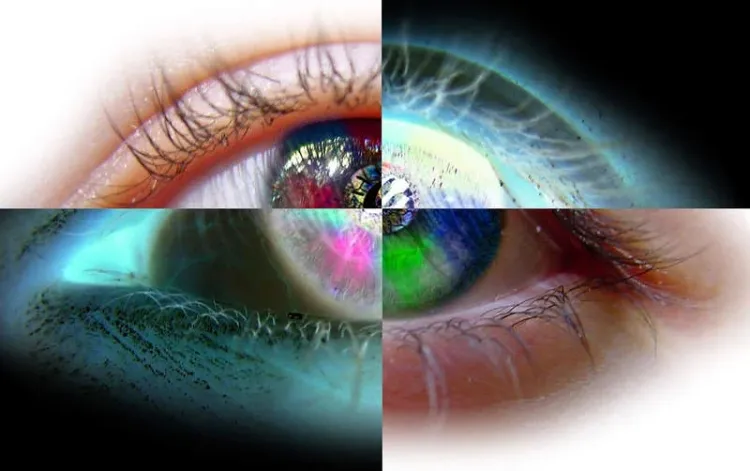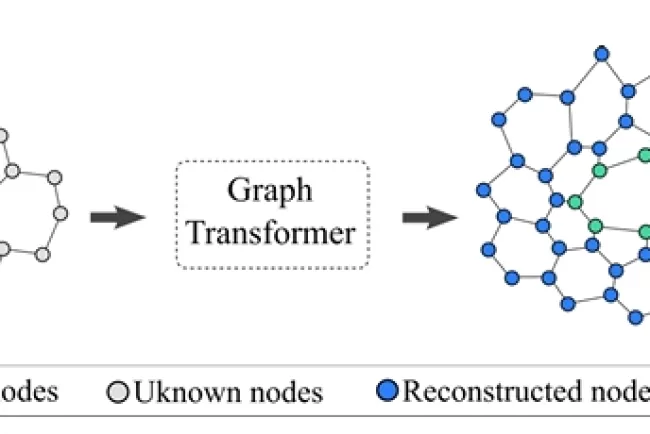New AI-Driven Eye Research Could Revolutionize Disease Detection
A groundbreaking study has revealed that eye exams, particularly retinal imaging, may soon play a pivotal role in detecting serious health conditions like type 2 diabetes and dementia. Researchers from the Walter and Elisa Hall Institute in Australia have developed an AI-based approach that can uncover early signs of these diseases by analyzing retinal images.

The retina, often seen as a mere component of the eye, is actually an extension of the central nervous system, which includes the brain and spinal cord. This discovery has opened up exciting possibilities in early disease detection. Researchers found that changes in the thickness of the retina could serve as an early warning signal for diseases that affect the nervous system, such as dementia and metabolic disorders like type 2 diabetes.

The study utilized artificial intelligence to analyze over 50,000 retinal images, producing highly detailed maps that revealed a previously unknown connection between retinal structure and a range of serious health conditions. Lead researchers from the Walter and Elisa Hall Institute emphasized that routine eye exams could eventually provide major insights into brain health, allowing for earlier diagnosis and better management of these diseases.
These findings suggest that retinal imaging could be a game-changer in non-invasive disease screening. Instead of relying solely on more invasive methods, this technique could allow doctors to detect neurological conditions in their earliest stages, well before symptoms arise. AI-generated retinal maps revealed specific areas of the retina where changes occurred, helping researchers pinpoint genetic factors linked to nearly 300 genes associated with disease progression.
The research team believes that retinal thickness, in particular, could become a powerful diagnostic tool, enabling more accurate tracking of disease development over time. They also uncovered new genetic factors that influence the growth of the retina, providing deeper insights into how these diseases progress.
With this breakthrough, a simple eye exam could soon offer a window into a person’s overall health, facilitating earlier detection and intervention for conditions that currently rely on more complex diagnostics. As the field advances, retinal scans may become a routine part of medical checkups, offering a non-invasive, cost-effective way to monitor health, prevent disease, and improve patient outcomes.
Conclusion: Eye Exams as a Gateway to Early Disease Detection
This innovative research highlights how a seemingly simple procedure could be transformed into a powerful diagnostic tool. If further studies validate these findings, routine eye exams could become a critical component in identifying and managing serious health conditions, including dementia and diabetes, much earlier than ever before. As the technology evolves, it holds the potential to revolutionize healthcare by offering earlier, more precise detection and ultimately improving patient care and outcomes.
What's Your Reaction?

















